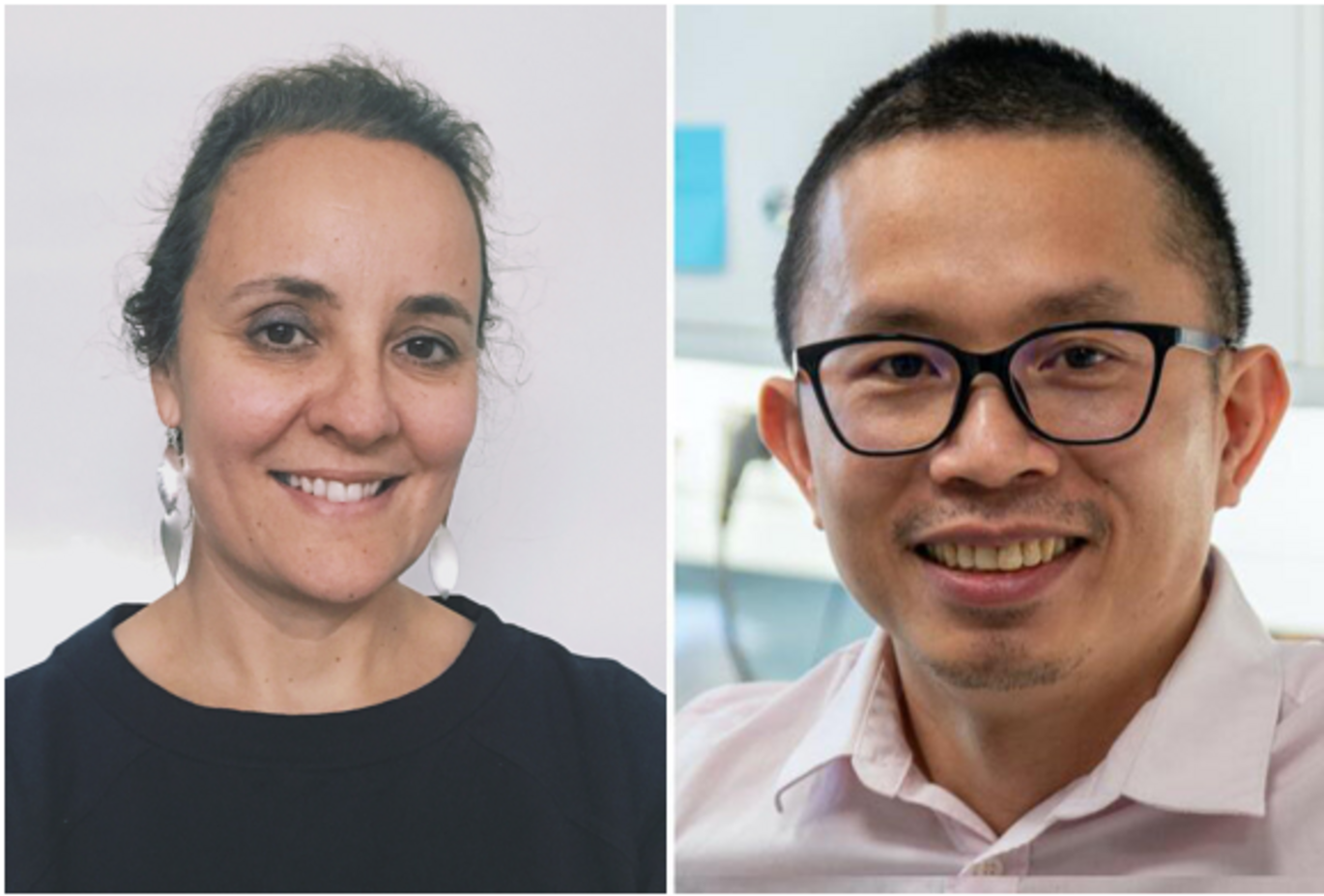Two DANDRITE affiliated researchers receives Ascending Investigator-grant from the Lundbeck Foundation
Associate professor Marina Romero-Ramos and professor Yonglun Luo are among the 11 research talents to receive a grant of 5 million Danish kroner over a period of 4 years. The grant is earmarked for new research projects within the field of neuroscience and is meant to support researchers at the associate professor or professor level who want to cultivate new research areas within their scientific field.

The two researchers are closely affiliated with DANDRITE and with the grant they can now expand their research in Parkinson’s Disease and regenerative medicine respectively.
Investigating immune response in Parkinson’s disease
Associate professor Marina Romero-Ramos aims with her project to identify critical immune components relevant to subtypes of Parkinson’s Disease and determine proteins by which both blood and brain immune responses affect neuronal health at different disease stages, seeking to describe immune biomarkers for the distinction of these subtypes; ultimately hoping to find novel targets for preclinical development of therapies.
“I am very honored to be awarded this grant. It will secure the multidisciplinary approach that relies on collaboration with other groups here in Aarhus and internationally. As well as the invaluable help of patients and volunteers that are willing to participate in research projects. This means that this grant will strengthen interactions with my scientific collaborators and ultimately benefit people with Parkinson's disease,” Marina explains.
Developing CRISPR technologies to cure genetic disorder
Professor Yonglun Luo’s project will establish and streamline the delivery of therapeutic CRISPR mRNAs by lipid nanoparticles (LNP), a well-established mRNA delivery strategy for COVID-19 vaccines. It will optimize and establish the LNP delivery for different Cas9 variants. Using the optimized LNP-CRISPR method Duchenne Muscular Dystrophy (DMD)-causing mutations in DMD patient skin cells, iPSCs, and mouse and pig DMD models, thus streamlining the development and application of CRISPR therapies.
”Based on decade-long experience in gene editing and gene therapy, I strongly believe that lipid nanoparticles (LNP) with mRNA payloads will be the best and safest delivery method for future CRISPR therapeutics. It overcomes many disadvantages of viral and plasmid DNA-based delivery methods, such as off-targets, efficiency, and specificity. The Ascending Investigator grant means that I will be able to further develop my research group by recruiting excellent Ph.D. students and postdocs, who will work on developing these exciting technologies, and most importantly, apply the developed LNP-CRISPR technologies to cure genetic disorders,” Yonglun Luo states.
Closing the “research gap”
According to Lundbeck Foundation, the Ascending Investigator grant aims to close the classic “research gap” that often occurs when researchers are halfway through their careers. Typically, scientists have finished a Ph.D. or postdoc and wish to establish their own group and lead their research projects. With the Ascending Investigator grant, their ambitions can be realized. With the grant, the foundation hopes to kick off a long-lasting career in science and allow the recipients to make a significant contribution to research related to the brain and nervous system and potentially in the treatment of brain diseases.
The last time DANDRITE received the grant was back in 2020 when professor and group leader Keisuke Yonehara was awarded for his research in retinal circuits.
The grant will be paid out over a period of 4 years.
